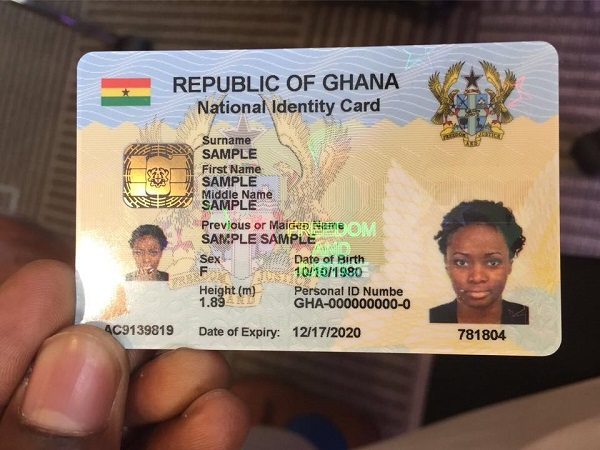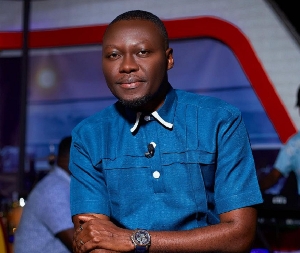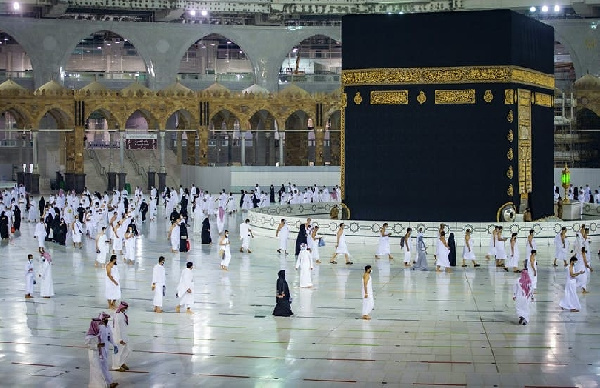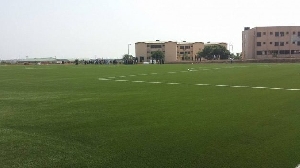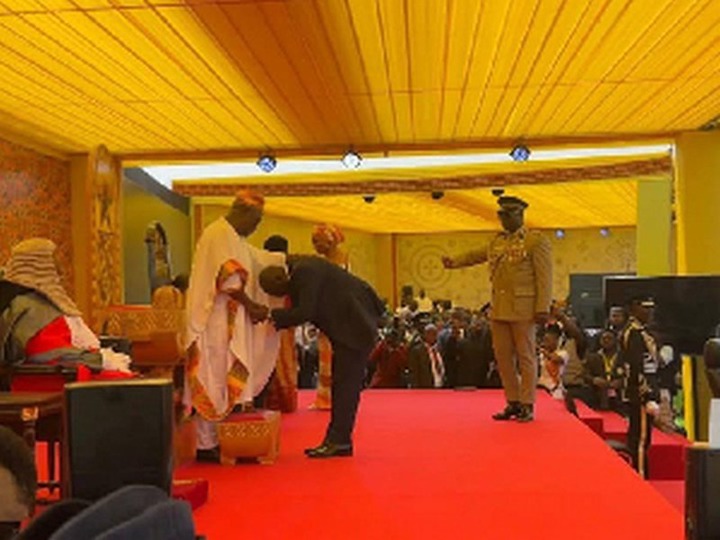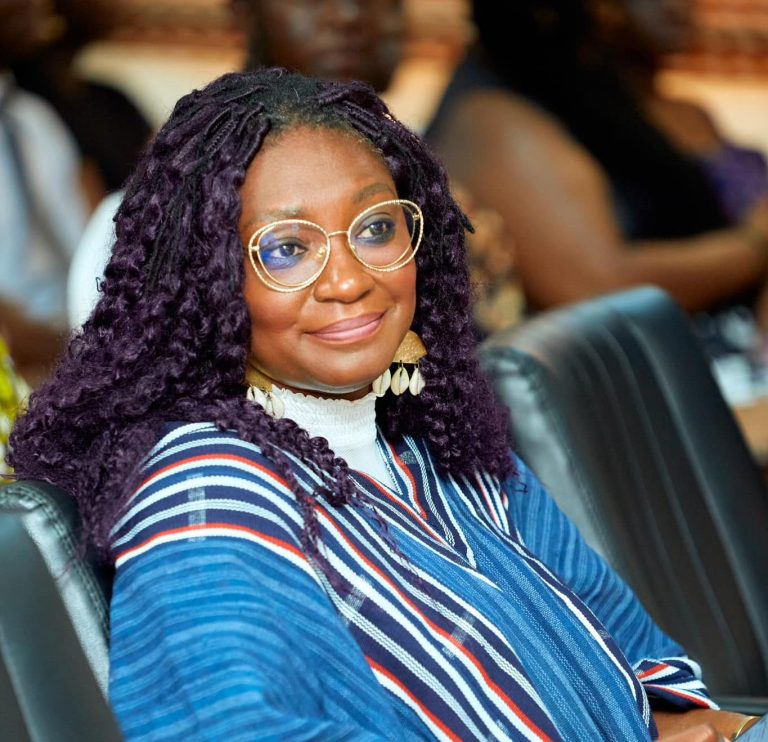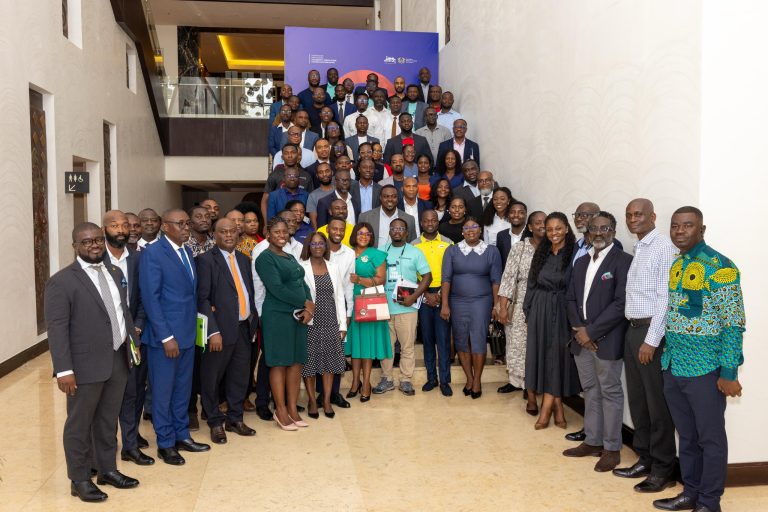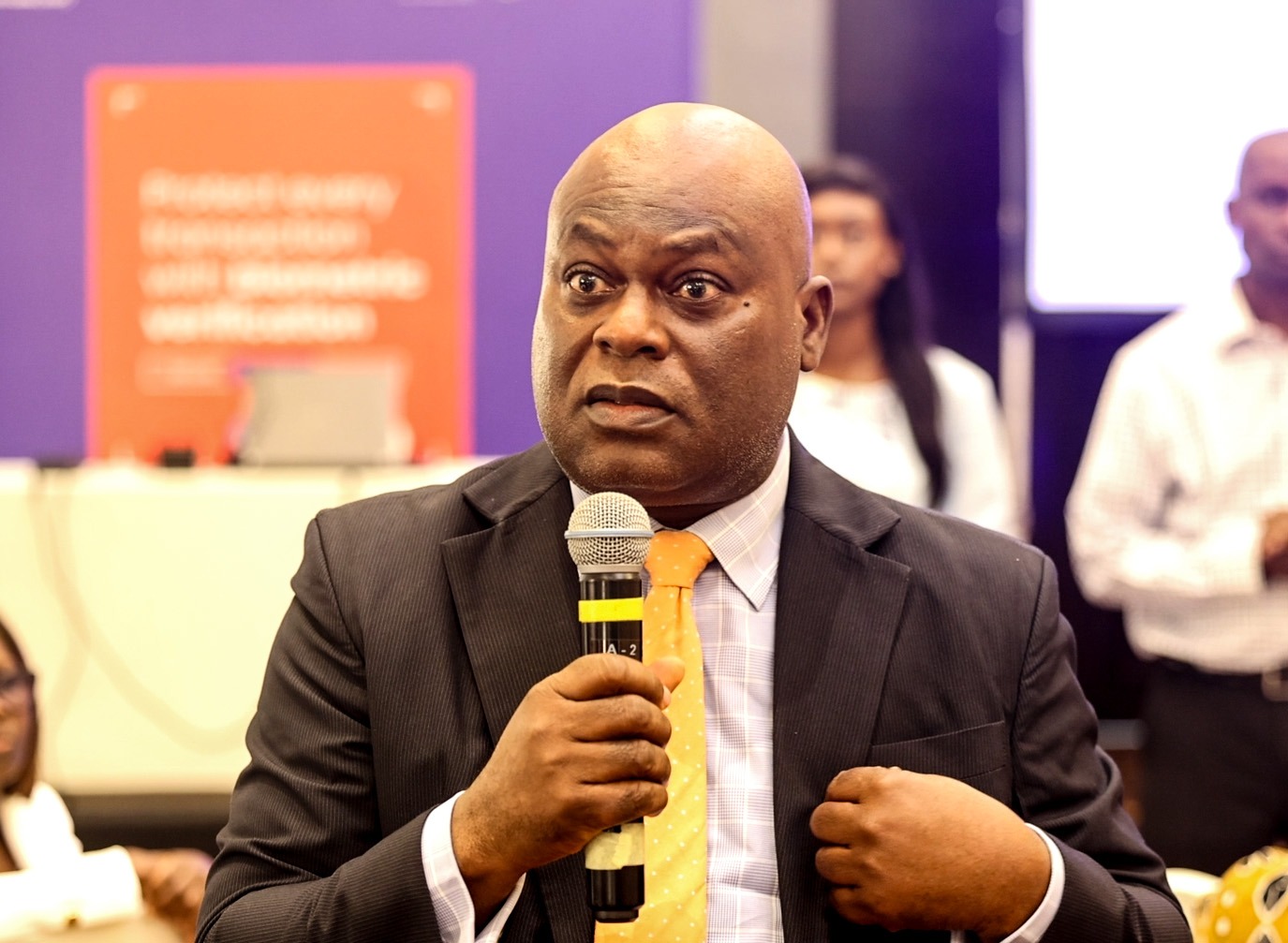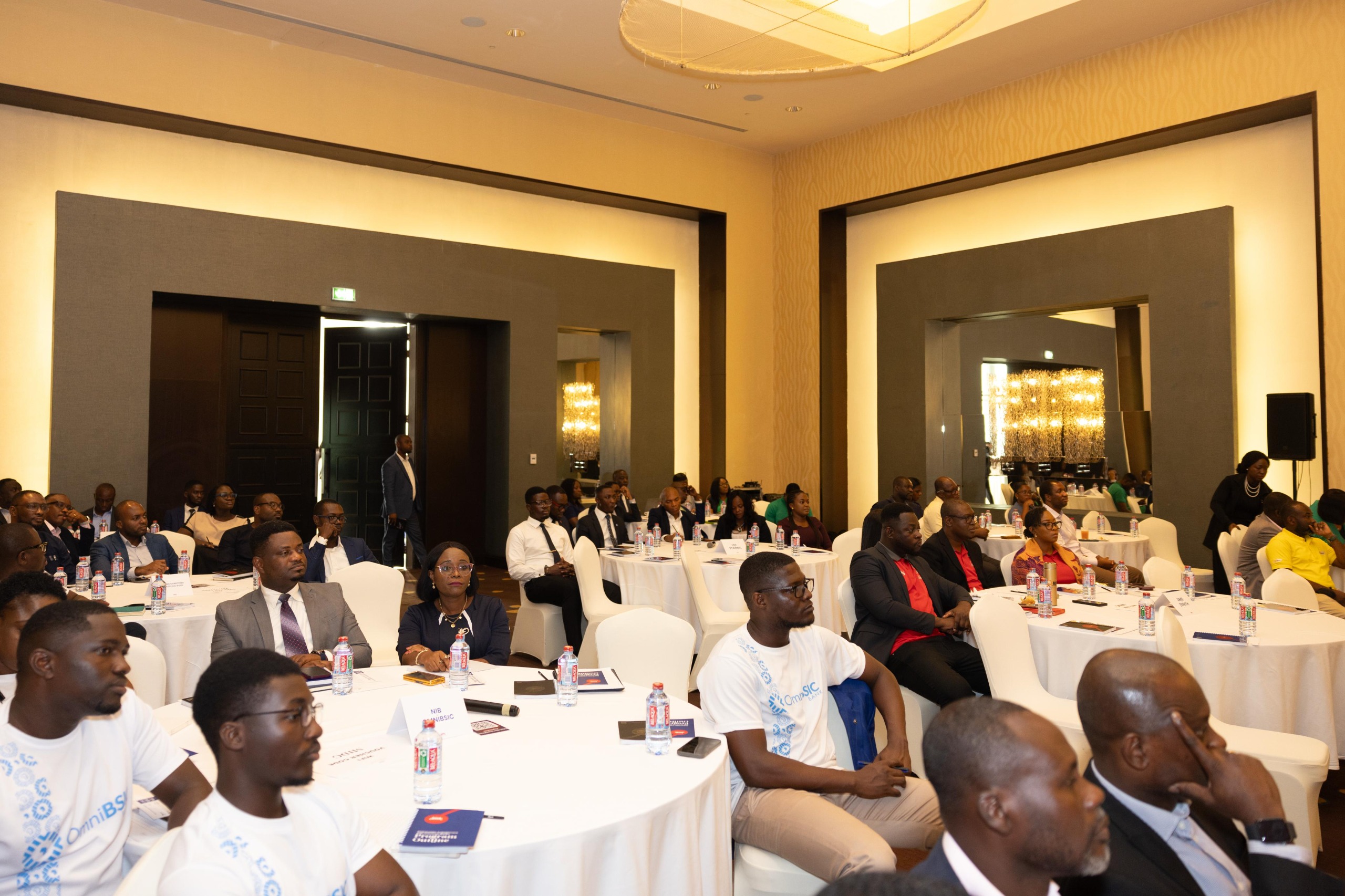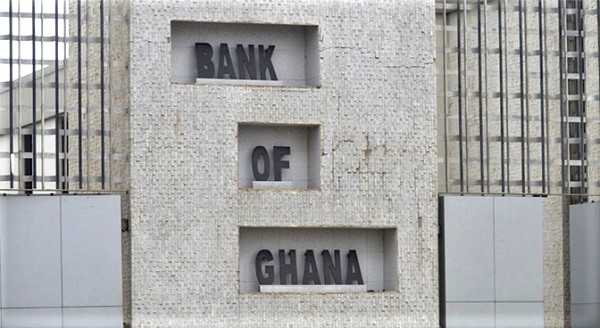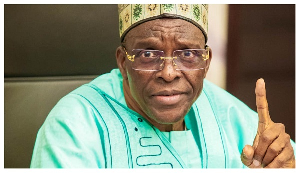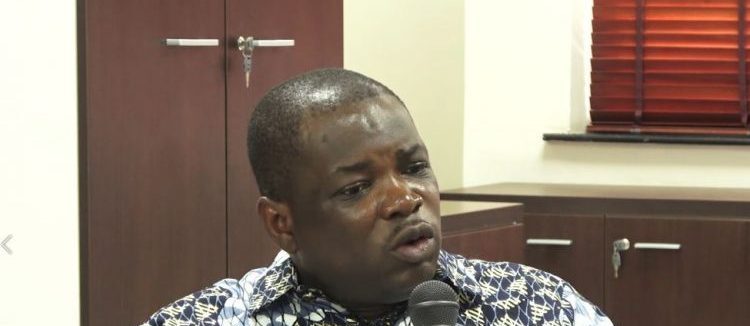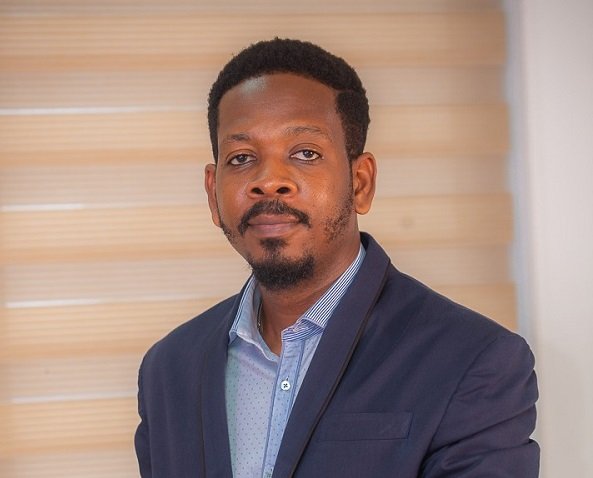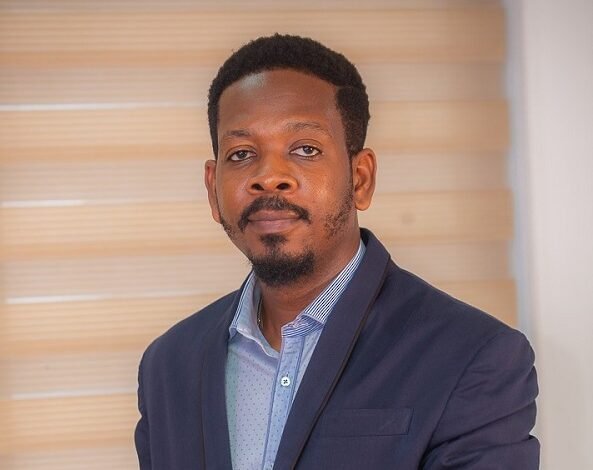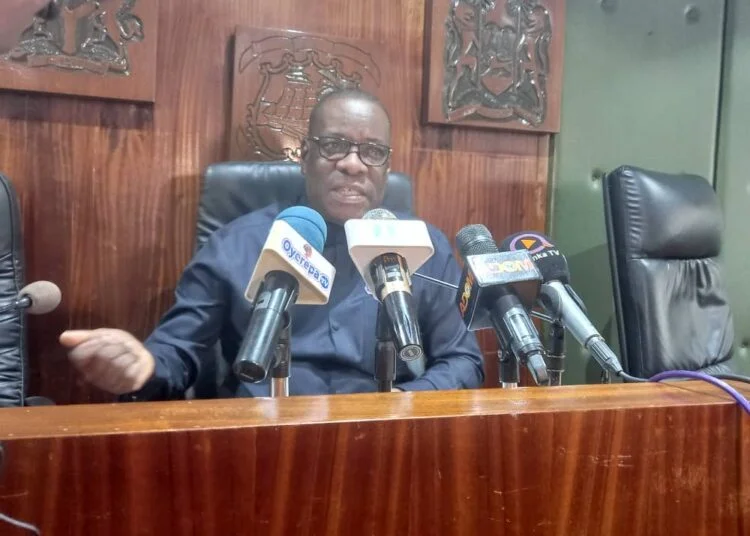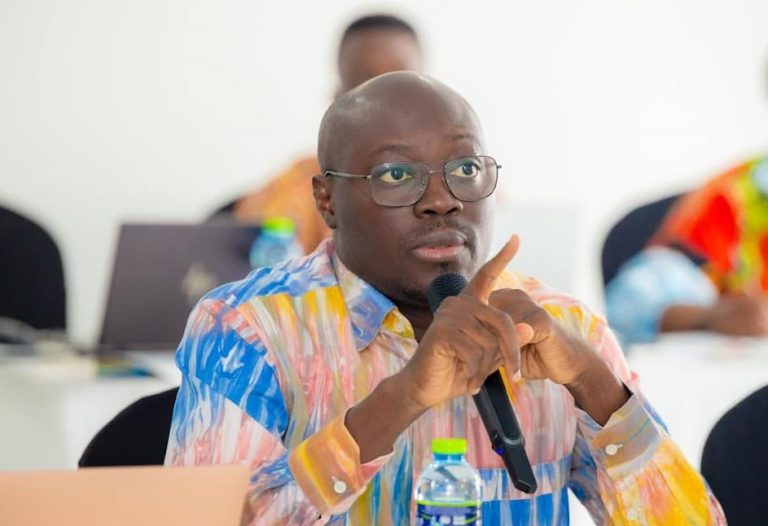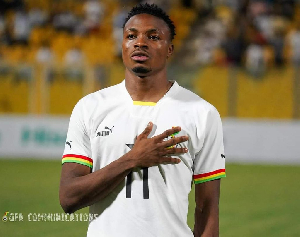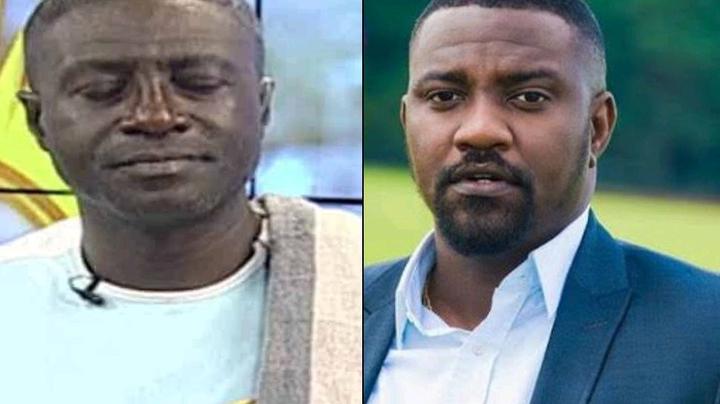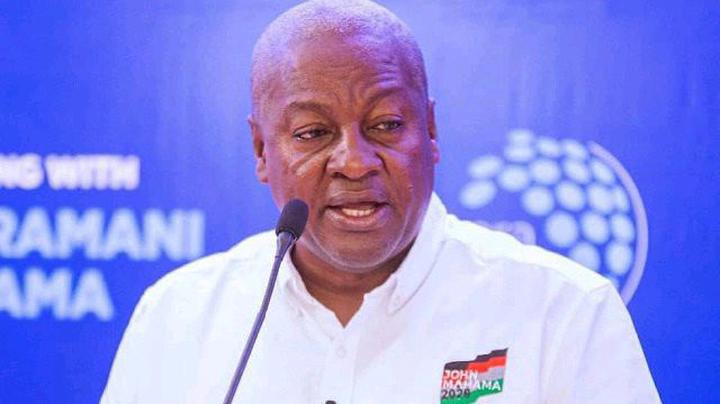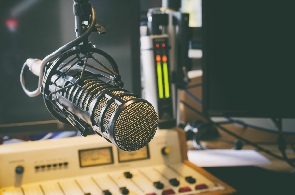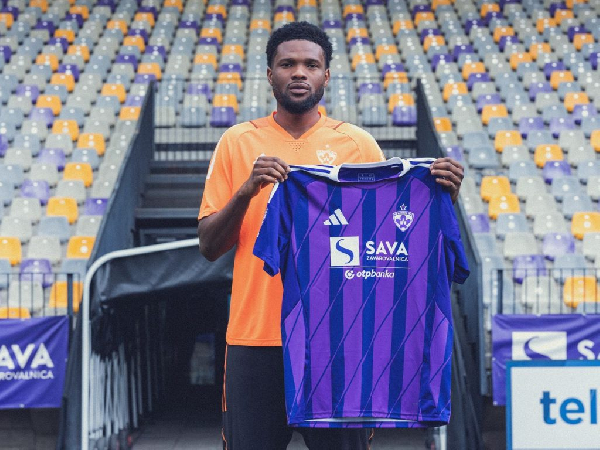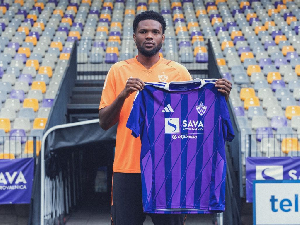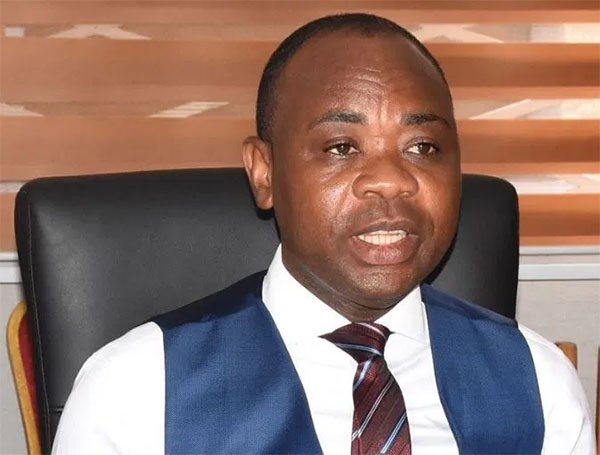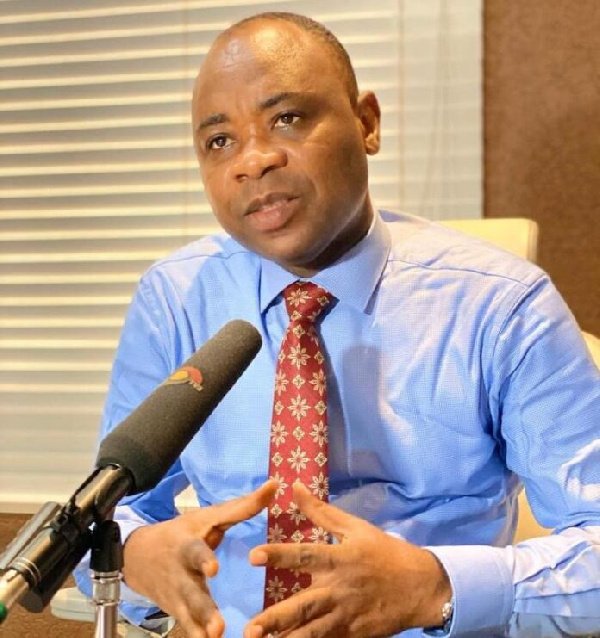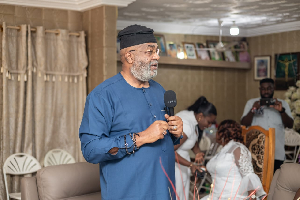Black Stars duo Andre Dede Ayew and Antoine Semenyo stole the headlines with their performances for their respective clubs during the weekend.
Andre Ayew scored and registered an assist in Le Havre’s 4-3 win over Lens on Saturday in the French Ligue 1. Whereas Antoine Semeyo won the man-of-the-match award in Bounemouth’s win over Wolves in the FA Cup.
Alfred Mensah climbed off the bench to score for Vllaznia in their 2-2 draw against Laci.
Mohammed Fuseini climbed off the bench to score for Royale Union SG in their 4-1 win over Dender in the Belgium top-flight league.
Benjamin Tetteh scored for Maribor in their 4-0 win over Radomlje in the Slovenian top-flight league.
Kwasi Wriedt scored and registered an assist for Sanliurfaspor in their 4-1 win over Yeni Malatyaspor in the Turkish League.
Forster Ajago climbed off the bench to score for Real Salt Lake in their 2-0 win over Seattle Sounders in the MLS.
Mohammed Sofo scored for the New York Red Bulls in their 2-0 win over Nashville SC in the MLS.
Samuel Owusu climbed off the bench to score for OFK Beograd in their 2-0 win over Radnicki Nis in the Serbian SuperLig.
Zubairu Ibrahim scored for Partizan in their 4-1 win over Tekstilac Odzaci in the Serbian Super Lig.
ENGLAND
In the FA Cup, Antoine Semenyo helped Bournemouth to progress to the next round of the tournament.
Michael Baidoo was in action for Plymouth against Manchester City as his side lost 3-1 to exit the FA Cup.
In League One, Tarique Fosu saw 68 minutes of action for Northampton in their 1-1 draw against Exeter.
Ghanaian duo Kelvin Abrefa and Andy Yiadom were featured in Reading’s 2-1 win over Wigan.
Jojo Wollacott conceded two goals as Crawley lost to Cambridge United at home.
In League Two, Albert Adomah saw 18 minutes of action for Walsall in their 1-0 loss to Swindon.
SPAIN
In La Liga, Abdul Mumin saw 35 minutes of action for Rayo Vallecano in their 1-1 draw against Sevilla.
Inaki Williams was in action for Athletic Bilboa as his side lost by a lone goal to Atletico Madrid.
Ghana youth star Jerry Afriyie made his first appearance for Spanish club CD Lugo in their league game against SD Tarazona.
ITALY
In Serie A, Alfred Duncan made a return from injury to feature in Venezia’s game against Atalanta, which ended in a draw.
Caleb Ekuban saw 24 minutes of action for Genoa in their 1-1 draw against Empoli.
Emmanuel Gyasi played 90 minutes for Empoli.
FRANCE
In Ligue I, Andre Ayew scored and registered an assist in Le Havre’s 4-3 win over Lens on Saturday.
Augustine Boakye came on as a substitute to play 20 minutes for St Etienne in their 3-1 loss to Nice.
Ernest Nuamah made a brief appearance for Lyon in their 2-1 win over Brest.
Ghanaian duo Gideon Mensah and Elisha Owusu were featured in Auxerre’s 1-0 home defeat to Strasbourg.
In Ligue II, Koffi Kouao saw 84 minutes of action for Metz in their 2-1 win over Amiens.
GERMANY
In the Bundesliga II, Christopher Antwi-Adjei saw 67 minutes of action for Schalke in their slim win over Preussen Munster.
Ransford Yeboah Konigsdorffer saw 17 minutes of action for Hamburger in their 2-0 loss to Paderborn.
ALBANIA
Alfred Mensah climbed off the bench to score for Vllaznia in their 2-2 draw against Laci.
Razak Abalora kept a clean sheet for AF Elbasani in their 2-0 win over Partizani in round 27 of the Abissnet Superiore.
Ghanaian duo Bismark Charles and Randy Dwumfour were involved in Skenderbeu Korca’s 3-0 win over Bylis.
McCarthy Ofori saw 90 minutes of action for Bylis.
AUSTRIA
Emmanuel Agyeman saw 65 minutes of action for Wolfsberger AC in their 3-0 win over Hartberg.
Paul Mensah saw 87 minutes of action for BW Linz in their 2-1 win over Tirol.
Edmund Baidoo made a brief appearance for Salzburg in their 3-0 win over Sturm Graz.
BELGIUM
In the Jupiler Pro League, Christopher Bonsu Baah was in action for Genk in their 1-1 draw against Charleroi.
Ghanaian duo Lawrence Agyekum and Francis Abu were involved in Cercle Brugge’s game against Antwerp, which ended in a draw.
Mohammed Fuseini climbed off the bench to score for Royale Union SG in their 4-1 win over Dender.
CYPRUS
Clinton Doudou saw 67 minutes of action for Apollon Limassol in their 1-0 win over Achnas.
Ghanaian duo Richard Ofori and Emmanuel Lomotey were involved in action for Achnas.
CZECH
Patrick Kpozo saw five minutes of action for Ostrava in their 4-0 win over Ceske Budejovice.
DENMARK
Abdul Sulemana made a brief appearance for Randers FC in their 1-1 draw against Aarhus.
GREECE
Abdul Baba Rahman saw 90 minutes of action for PAOK in their 2-0 win over Asteras Tripolis.
ISRAEL
Ghanaian duo Ebenezer Mamatah and Eugene Ansah were involved in SC Ashdod’s game against Netanya, which ended in a draw.
Godsway Donyoh saw 87 minutes of action for Hapoel Hadera as his side lost 3-2 to Maccabi Tel Aviv.
ESTONIA
David Epton saw 90 minutes of action for Tammeka Tartu in their 2-1 win over Tallinna Kalev.
ISRAEL
Barnes Osei saw 90 minutes of action for Sakhnin in their 2-1 loss to Hapoel Haifa.
Patrick Twumasi saw 65 minutes of action for Beitar Jerusalem in their 2-1 win over Maccabi Petah Tikva.
LITHUANIA
Kwadwo Asamoah was in action for FK Panevezys in their 3-1 loss to Siaulai FA.
MALTA
Ghanaian duo Kwasi Zibo and Geoffrey Acheampong were in action for Sliema in their 1-0 loss to Marsaxlokk.
NETHERLANDS
Kamal Sowah saw 19 minutes of action for NAC Breda in their 1-0 loss to Utrecht.
Ibrahim Sadiq saw 15 minutes of action for AZ Alkmaar in their 3-1 loss to Heerenveen.
PORTUGAL
Lawrence Ofori saw 33 minutes of action for Moreirense in their 1-1 draw against Estrela.
ROMANIA
Mohammed Umar saw 90 minutes of action for Poli Lasi in their 1-0 win over Petrolul.
SERBIA
Samuel Owusu climbed off the bench to score for OFK Beograd in their 2-0 win over Radnicki Nis.
Edmund Addo played 90 minutes for OFK Beograd.
Ibrahim Tanko saw 46 minutes of action for Radnicki Nis.
Zubairu Ibrahim scored for Partizan in their 4-1 win over Tekstilac Odzaci.
Ebenezer Annan saw 78 minutes of action for Crvena Zvezda in their 4-0 win over IMT Novi Beograd.
Kwaku Osei saw 67 minutes of action for Spartak Subotica in their 3-1 win over Vojvodina.
SLOVAKIA
Samuel Gidi was involved in Zilina’s 2-1 win over Banska Bystrica.
Kelvin Ofori saw 67 minutes of action for Spartak Trnava in their 1-0 win over Slovan Brastislava.
Rahim Ibrahim also played 74 minutes in the game for Slovan Brastislava.
SLOVENIA
Benjamin Tetteh scored for Maribor in their 4-0 win over Radomlje.
SWEDEN
Ezekiel Alladoh saw 90 minutes of action for Brommapojkarna in their 1-1 draw against Elfsborg.
Terry Yegbe played 90 minutes for Elfsborg.
SWITZERLAND
Lawrence Ati-Zigi conceded four goals as St.Gallen was thumped by Winterthur on Saturday in round 26 of the Swiss Super League.
Kasim Adams played 90 minutes for Servette in their 1-0 win over Lausanne.
TURKEY
Musah Mohammed saw 90 minutes for Bodrumspor against Adana Demirspor which ended in a draw.
Ghanaian duo Joseph Attamah and Yaw Ackah were involved in Kayserispor’s 2-0 defeat to Besiktas.
Kwasi Wriedt scored and registered an assist for Sanliurfaspor in their 4-1 win over Yeni Malatyaspor.
Nicholas Opoku played 90 minutes of action for Kasimpasa in their 3-3 draw against Galatasaray.
Alexander Djiku saw five minutes of action for Fenerbache in their 3-0 win over Antalyaspor.
Isaac Donkor saw 90 minutes of action for Adanaspor in their 2-0 win over Ankaragucu.
Kwabena Owusu played 90 minutes for Ankaragucu.
USA
In the MLS, Forster Ajago climbed off the bench to score for Real Salt Lake in their 2-0 win over Seattle Sounders.
Mohammed Sofo scored for the New York Red Bulls in their 2-0 win over Nashville SC.
Yaw Yeboah played 90 minutes for Los Angeles in their 1-0 win over New York City.
Osman Bukari lasted 82 minutes in the game for Austin FC as they lost by a lone goal to Portland Timbers.
Ghanaian duo Emmanuel Boateng and Willy Kumado were involved in San Diego’s game against St. Louis City, which ended in a draw.
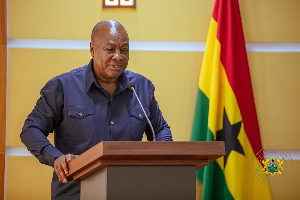 President of Ghana, John Dramani Mahama
President of Ghana, John Dramani Mahama
